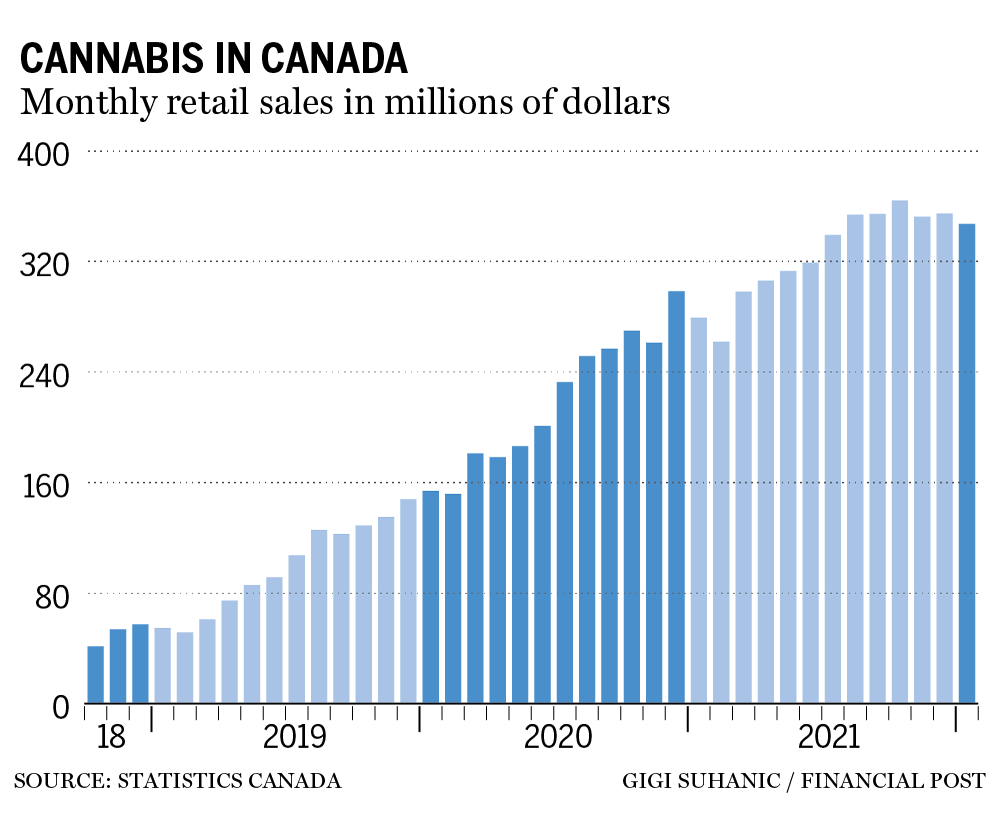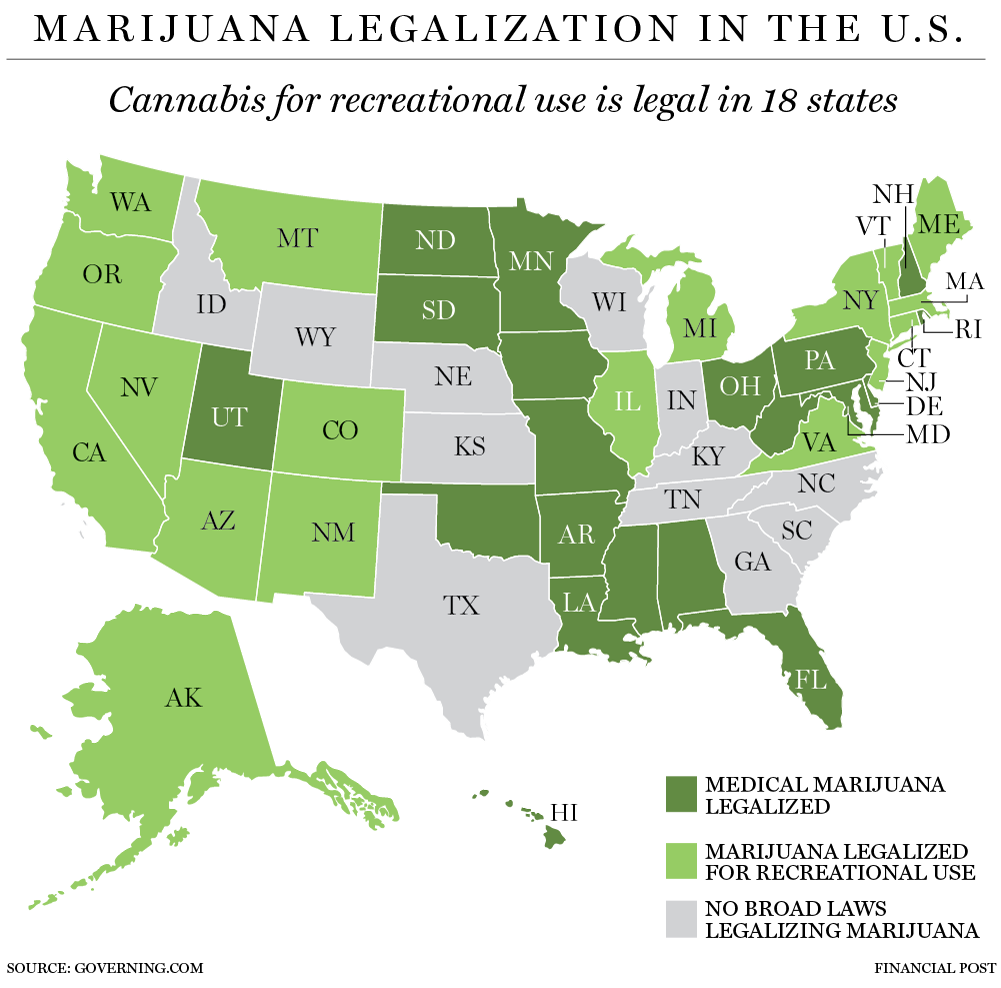Bowing to the Inevitable
"[This] long overdue legislation [the Marijuana Opportunity Reinvestment and Expungement (MORE) Act] that would reverse decades of failed federal policies based on the criminalization of marijuana...would also take steps to address the heavy toll that these policies have had across the country, especially among communities of colour."Jerrold Nadler, Democratic congressman, New York"When the U.S. medical cannabis market opens, which is inevitable, there is going to be increasing competition for Canadian firms.""We've got regressive excise taxes, we've got oppressive provincial markups and margins, and offensive taxes on medical cannabis. Medical cannabis continues to be the only medical product that has a tax on it [in Canada].""I am less worried about U.S. companies entering our market space as I am about our own ability to compete, based on the way the federal government supports our sector."Rick Savone, senior vice-president, Aurora Cannabis Inc., board chair, Canadian Cannabis Council
"Something as ambitious as the MORE Act will probably not get through the Senate."" [However], U.S. politics are difficult to predict."Michael Armstrong, professor of operations research, cannabis researcher, Brock University
Canadian cannabis retailers had a head start in the North American market, since legalization of the recreational use of marijuana in October of 2018. Previous to that date, medical marijuana with a medical prescription was legalized. Now, it appears that the United States will finally have federal legalization legislation passed after the MORE Act was introduced by Congressman Jerrold Nadler and passed in the House by a vote of 220 to 204.
It will now be up to the Senate whose members appear to be less enthused over marijuana legislation potential, to swing enough votes for legalization. In 18 states, including Washington, D.C. and Guam, recreational marijuana use already has legal status. As well, 38 states along with the District of Columbia have approved marijuana for medical use.
Legalization appears inevitable in the United States having made its way through the House with proponents of legalization pointing out that American prisons overflow with people convicted criminally for non-violent offences which the possession of marijuana exemplifies. The country awaits the Act's passage as a kind of testimonial to America's failed 'war on drugs'.
The bill's opponents have their own arguments con passage of the Act, as they point out the important issues of the day that consume the attention of the United States government; inflation, rising fuel prices, the war in Ukraine. Augmented by the argument of marijuana being a gateway drug for other, harder, insidious drugs and the cartels that will inevitably become more enterprising.
"What's deeply and truly disturbing about this bill is the failure to address the clear consequences of legalization such as what this drug does to children, to drivers on our highways, to the mental health of up to 30 percent of adults who choose to use marijuana."Cliff Bentz, Republican representative, Oregon"It's inevitable it will pass.""I'm hoping the impetus doesn't take years, and that it happens sooner than anyone expects."Stephen Ruffini, CFO, Village Farms International

Labels: Canada, Cannabis Industry, Cannabis Legalization, United States

0 Comments:
Post a Comment
<< Home